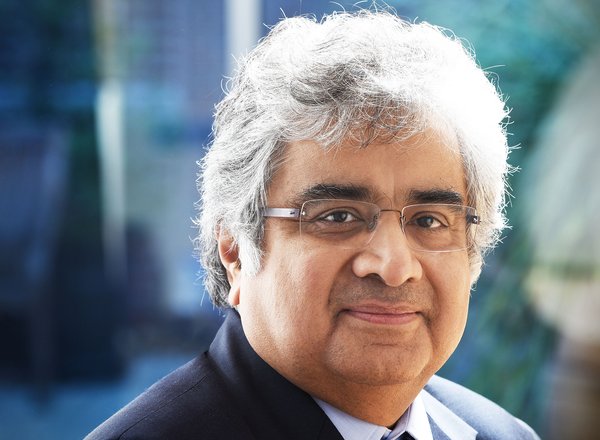In a judgment delivered yesterday 10 July 2025, the Grand Chamber of the European Court of Human Rights found in favour of Caster Semenya in her long-running sports and human rights case, concluding that her rights under Article 6(1) of the Convention had been violated because she did not get a fair hearing in Switzerland.
Caster Semenya is an elite South African athlete who won Olympic gold medals in the women’s 800m race in 2012 and 2016. She complained that she was obliged to decrease her natural testosterone level in order to be permitted to take part in the female category of international competitions as a result of the “Eligibility Regulations for the Female Classification (Athletes with Differences in Sex Development” (the “DSD Regulations”), issued by the International Association of Athletics Federations (“World Athletics”), a Monegasque private law association.
The Applicant brought an action challenging the DSD Regulations, which challenges were rejected in April 2019 by the Court of Arbitration for Sport (“CAS”) which has its seat in Switzerland. The Applicant appealed the CAS decision to the Federal Supreme Court of Switzerland, which dismissed the appeal in September 2020. She subsequently brought a claim in the ECtHR against Switzerland, relying on Article 3, Article 6(1), Article 8, Article 13, and Article 14 (taken with Article 8).
In 2023 a Chamber of the ECtHR held that there had been a violation of Article 14 of the Convention taken in conjunction with Article 8, and of Article 13 in relation to Article 14 taken in conjunction with Article 8. The Chamber found that the Article 3 complaint was manifestly ill-founded within the meaning of Article 35(3). The Chamber considered that the Applicant’s complaint of an alleged violation of her right of access to a court did not give rise to any separate issue, and it followed that there was no need to give a separate ruling under Article 6(1). This decision was analysed in the Blackstone Sports Law Bulletin.
In November 2023 the case was referred to the Grand Chamber at the request of Switzerland. The Grand Chamber held that the Swiss Federal Supreme Court was required to carry out a particularly rigorous examination of the appeal in circumstances where the alleged breach arose from the DSD Regulations were issued by a private entity and could only be challenged through compulsory arbitration, and where the Applicant’s privacy, bodily integrity and dignity were at stake (§§216, 217). The Grand Chamber found that the examination carried out by the Swiss Federal Supreme Court of the compatibility of the CAS award with substantive public policy did not reach the level of rigour required, and accordingly there was a violation of Article 6(1) (§§211-239).
The Grand Chamber also found that the Applicant did not fall within Switzerland’s jurisdiction in respect of her complaints under Article 8, Article 13 and Article 14, and so that aspect of the application was inadmissible (§154). The Court also found that it had no jurisdiction to examine the complaint raised under Article 3 (§94).
Harish Salve KC, Celia Rooney, and Marlena Valles, instructed by Norman Arendse SC and Dev Maharaj and Shikar Maharaj of DMA Law, acted for Athletics South Africa, who intervened.
Tim Otty KC and Ravi Mehta instructed by Jonathan Taylor KC and Chris Lavey of Bird & Bird, acted for World Athletics, who intervened.
Mark Vinall acted for the UK government.
The Grand Chamber’s judgment is here and the Court’s press release is here.



















